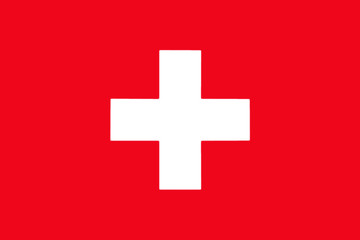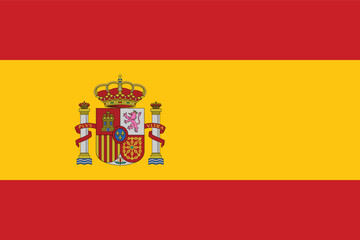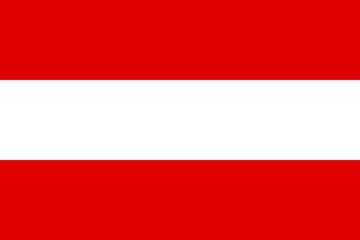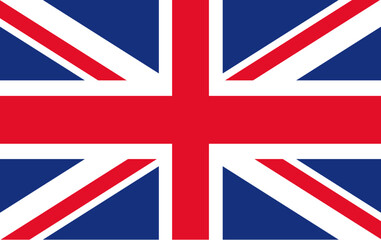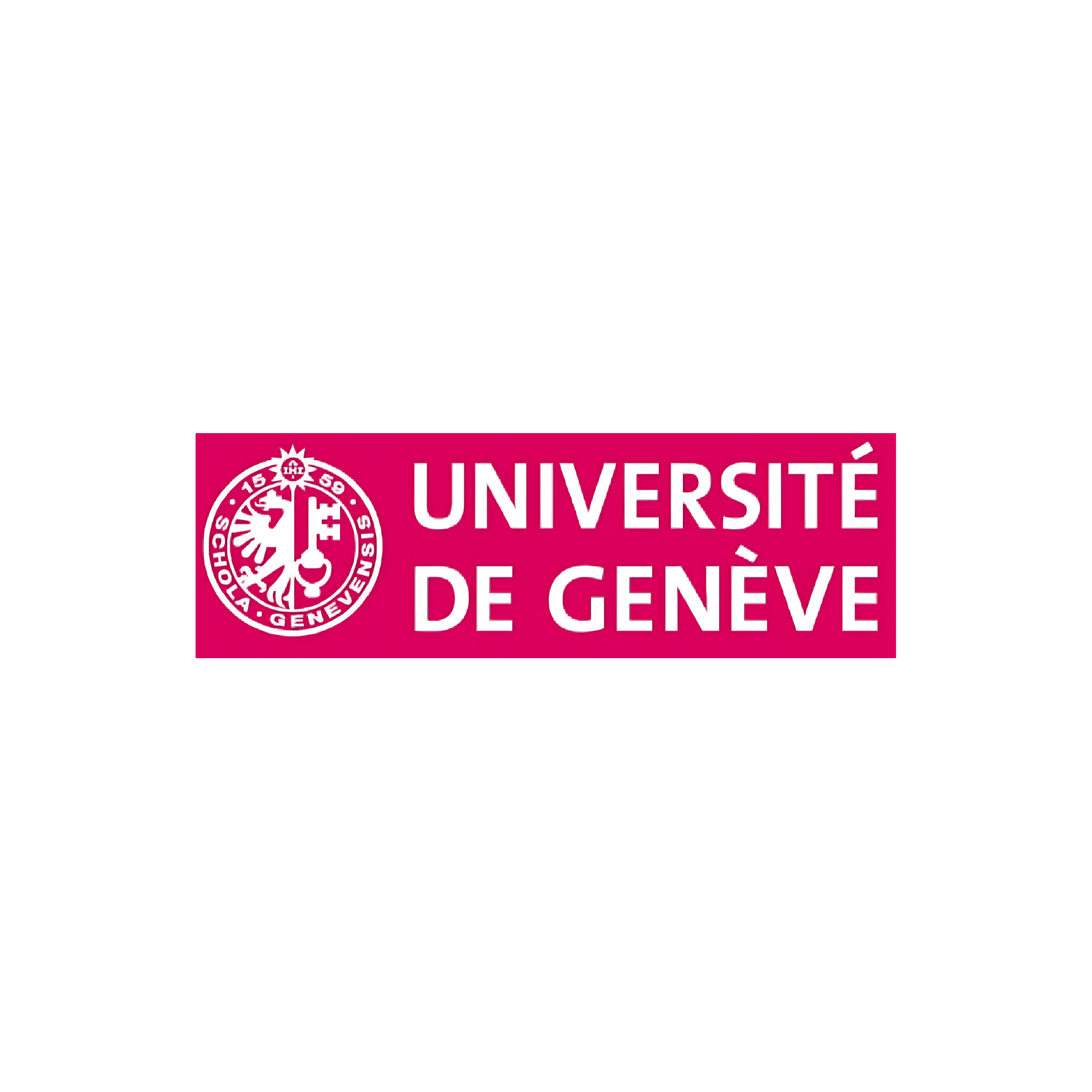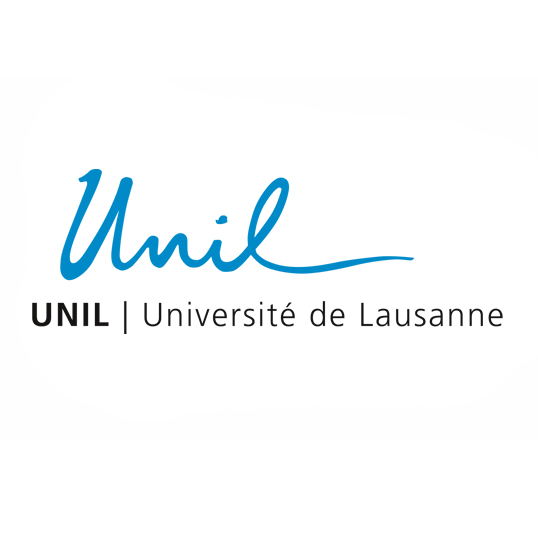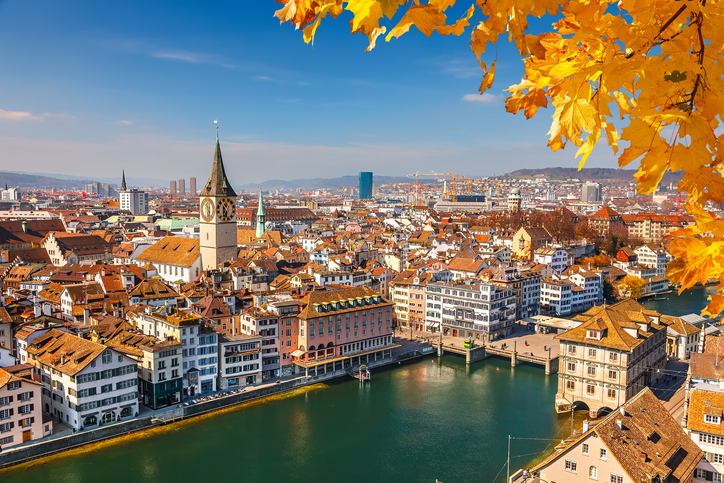
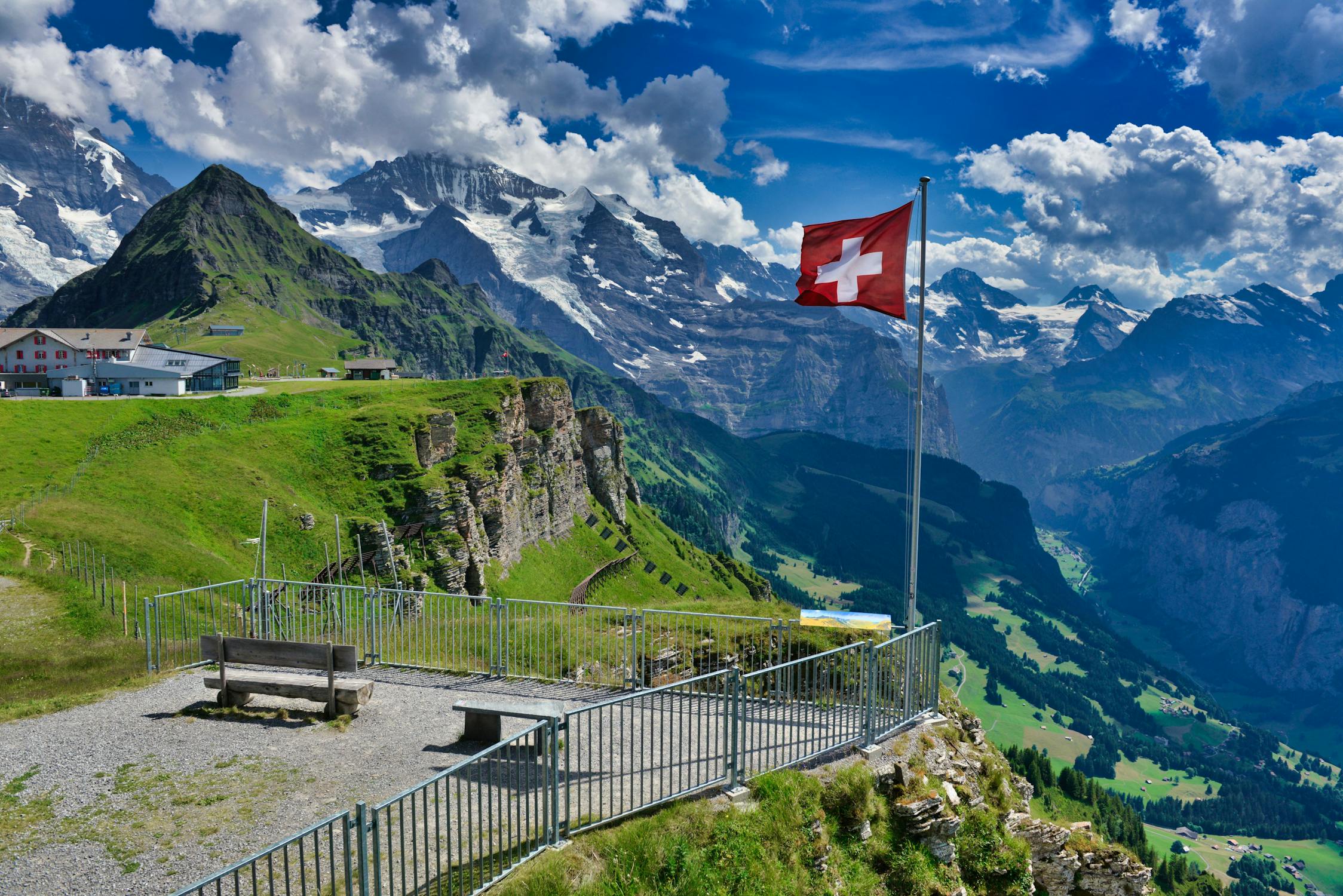
Set yourself on a path to a global career with one of the world’s most innovative and high-performing education systems. Cultivate your creativity and entrepreneurial spirit in Switzerland, a country renowned for its world-class universities, cutting-edge research, and a strong focus on addressing the challenges of tomorrow.
Statistics & Figures About Switzerland

CURRENCY:
Swiss Franc (CHF)
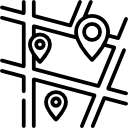
GEOGRAPHICAL SIZE:
41,284 km sq

LANGUAGE:
French, Italian, German, Romansh

GDP:
$477.672 Billion (2018)

CAPITAL:
Bern

POPULATION:
8,508,898
Why You Should Select Switzerland?

A Quality Higher Education
For any international student, the most important consideration would be the reputation of any probable university. In this regard, the top-class Swiss higher education system leaves no stone unturned. Swiss universities emphasize quality by offering an innovative environment for students and researchers to express their autonomy while receiving a quality, global-minded education. A prime example would be the Les Roches International School of Hotel Management, which offers students in the hospitality sector from around the world an esteemed education.

The Rest of Europe is at Your Doorstep
Your student visa makes you eligible to work up to 20 hours per week in a part-time job. The UK also has a guaranteed minimum wage, meaning you could earn a minimum of £118.00 before tax per week to help fund your studies. You can also explore internship opportunities through your university at one of the many globally famous UK-based companies like the BBC, Rolls Royce, or Burberry. One way or another, your resume will look great after completing your international education experience.

The Scenic Route
The country’s rich diversity ensures that international students will never tire of exploring their new home. The Swiss themselves seize every opportunity to enjoy Switzerland’s natural beauty. You can join the local population on one of the countless trains, boats, or buses for a tour through one of the world’s most exquisite countries. Any student wishing to indulge in something exciting, relaxing, or even romantic, will definitely not be disappointed.

The Alps
The Alps are truly a sight to behold, its grandeur spanning across eight different countries. It would be a shame to live in Switzerland and not take a trip to the Swiss Alps. Not only can you experience top-notch skiing and other winter sports, but also immerse yourself into a central component of the Swiss national identity. Appreciating the folk art, the alphorn, and yodeling are essential to understanding how the Swiss Alps have influenced the culture at large.

Adventure Sports
If you love sports, you’re in luck, and if not, you might learn to love them! Many international students report that one of their favorite pastimes while living and studying abroad in Switzerland has been participating in one of the numerous adventure sports. You won’t miss out on the opportunity to try them even if you live in a metropolitan city, as sports like hiking, skiing, or biking are just a short trip away. If you’re ready to take it to the next level, however, then test your skills at rock climbing, glacier trekking, or canyoning!

High-Class Cities
If these sports still aren’t your thing—no worries! Switzerland is home to some of the world’s most beautiful and sophisticated urban centers. Whether it’s having a glass of wine at a trendy new hot spot or attending the opening of a new art exhibition, metropolitan life is at its finest in Switzerland’s big cities. Walk the picturesque streets of Zurich’s old town or visit the United Nations’ European headquarters at the Palace of Nations in Geneva. You will fall in love with the city, no matter which one you decide to settle in.

People as Diverse as the Geography
The constituent of 26 federal states, with four national languages, shows that the Swiss population is amongst the most diverse in Europe. This enables international students from all over the world to experience Switzerland in all its glory. Whether it be the Swiss Alps or the central plateau, a large city, or somewhere in the countryside, the country caters to everyone’s taste!

An International Network
Almost 25% of the Swiss student population consists of international students, as per “Studying in Switzerland”. This ensures that new arrivals can make friends and expand their social, as well as professional networks by interacting with other international students. It’s also the perfect way to open your mind to new customs and traditions and even learn a new language!
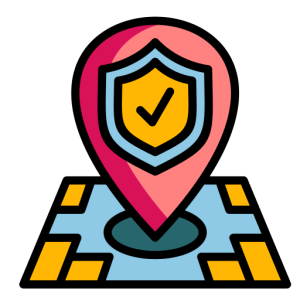
A Safe Place to Live
Being one of the safest countries in the world, students can lay to rest any concern they have about their safety while studying abroad. Violent crime is almost nonexistent, and the risk of petty crimes, such as pickpocketing, is very low compared to other countries. This provides a safe and welcoming environment for international students exploring Switzerland, who are only required to exercise a minimum amount of discretion, basic awareness of their surroundings, and general caution during travel.

Efficiency is Key
The success of the Swiss transportation network is made possible by the Swiss penchant for efficiency. It will come as a huge sigh of relief for students who have suffered through massive delays on New York’s or London’s metro that the trains run in a regular, timely fashion. But efficiency is key elsewhere as well. Swiss universities are well-organized. Official documents are timely issued as well. As a result, one can complete migration paperwork, school registration, etc, with minimum hassle.
Frequently Asked Questions
Most student visas are issued with permission to work. If, for any reason, your student visa is issued without the right to work, you will need to apply for a permission-to-work student visa after commencing classes.
Holders of a student visa can work up to 20 hours per week while their university program is in-session, and full-time during university vacations. In general, students should not expect to cover tuition fees or living expenses from casual work.
Whilst Research/Thesis Higher Degree applicants are entitled to work unlimited hours they must maintain full-time enrolment in their studies and meet the requirements of their program.
Students can apply for part-time work in a range of areas. However, sometimes it can be difficult to find work in areas of interest. Students can get support from career advisers in finding employment through help with resume and interview skills as may be needed.
Some of the universities and colleges have internship programs which provide an employment opportunity. In some cases, research higher degree students may possibly find employment as research or tutorial assistants.
Most institutions provide a range of accommodation options for students. These range from on-campus to off-campus with homestay options or student share. The rent will vary depending on the location and the type of room or the options included.
Universities, colleges and schools are located within areas with well-developed infrastructure and social networks. These provide an opportunity where students can freely socialise and develop a network of friends by extension social capital. some of these include:
Clubs | Music| Sports | Beautiful Beaches | Dolphin Watching | Vineyards | Parks | Historical sites among others
There is good weather all year round. It is important that students always take care of themselves.
Transport to and from the colleges is fantastic. buses, trains and ferries are the main mode of transport. You can also walk or cycle to and from class depending on how far you live.
Popular Degree Options in Switzerland

Humanities Business Management

Finance

Hospitality Management

Hotel Management

International Business

Leadership

MBA

Marketing

Social Work

Sports Coaching

Sports Management

Sports Science
Interesting Facts
- Federal democratic republic with bicameral legislature
- Divided into 26 cantons (similar to states)
- No official capital, but the ‘federal city’ is Bern
- Head of state/government is the seven-member Swiss Federal Council
- Representative president is chosen from Federal Council, but doesn’t gain any additional powers
- Part of the Schengen Area, but not the European Union
- The nation has its origins in the late 13th century, though it only came into being in its current form in the mid-19th century.
- The “CH” often used in reference to Switzerland stands for Confoederatio Helvetica, the original Latin name for what is now Switzerland.

